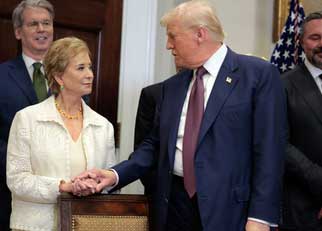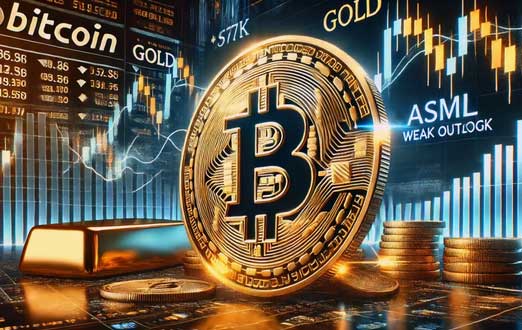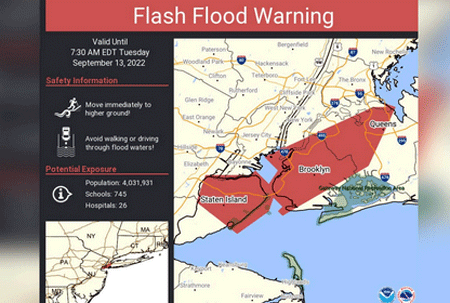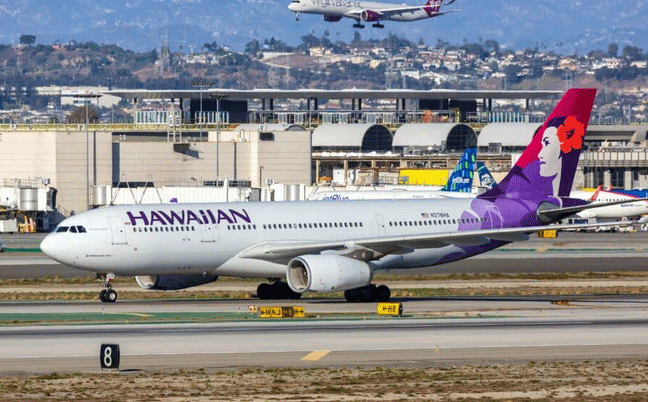Trump’s New Rule Limits Student Loan Forgiveness for Public Servants
The Trump administration has introduced new rules limiting eligibility for the Public Service Loan Forgiveness (PSLF) program, a popular student loan forgiveness initiative for public servants. The rule change, set to take effect on July 1, 2026, excludes organizations that engage in “unlawful activities” such as supporting terrorism and aiding and abetting illegal immigration.
Background
The PSLF program was created in 2007 to encourage Americans to enter critical public service jobs by forgiving their student loans after 10 years of service and 120 qualifying payments. The program has undergone changes over the years, with the Biden administration making it easier to qualify for loan forgiveness, resulting in over $78.5 billion in debt relief for more than 1 million borrowers ¹ ².
Key Changes
The new rule changes the definition of a “qualifying employer” under PSLF, excluding organizations that engage in activities deemed “substantially illegal.” This includes ³ ⁴:
- Organizations Aiding Illegal Immigration: Nonprofits that advocate for immigrants or provide them with legal services may still be eligible, but those deemed to be “aiding and abetting” illegal immigration will be excluded.
- Terrorism and Other Illegal Activities: Organizations that support terrorism or engage in other illegal activities will no longer be eligible for the PSLF program.
Impact on Borrowers
The rule change may affect borrowers who work for organizations deemed ineligible under the new rules. However, borrowers who have already made payments toward loan forgiveness will still receive credit for those payments. The Trump administration estimates that the rule change will not have an immediate impact, as the Department of Education will need to go through a lengthy rulemaking process ¹.
Legal Challenges
The rule change is expected to face legal challenges, with critics arguing that the Trump administration is using the PSLF program to penalize organizations that it dislikes. The Biden administration’s changes to the PSLF program had been well-received, with many borrowers benefiting from the more lenient eligibility requirements ⁵ ⁶.
Reactions
The Trump administration argues that the PSLF program has been abused and that the rule change will ensure that only legitimate public servants benefit from the program. However, advocacy groups and lawmakers have expressed concerns that the rule change will harm public service workers and limit access to essential services ⁴ ¹.
What Borrowers Can Do
Borrowers who are concerned about the rule change can take steps to protect themselves ⁷:
- Certify Employment: Borrowers can certify their employment with their loan servicer to ensure that their payments are counted toward loan forgiveness.
- Stay Informed: Borrowers should stay up-to-date on the latest developments regarding the PSLF program and the rule change.
- Seek Advice: Borrowers can seek advice from a student loan expert or attorney to understand their options and rights under the PSLF program.
In conclusion, the Trump administration’s rule change limiting eligibility for the PSLF program has sparked controversy and debate. While the rule change may not have an immediate impact, it is essential for borrowers to stay informed and take steps to protect themselves. The outcome of the legal challenges and the impact on borrowers will be closely watched in the coming months.








